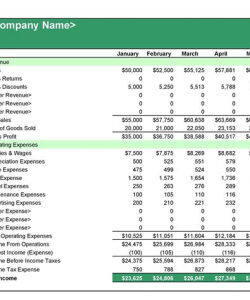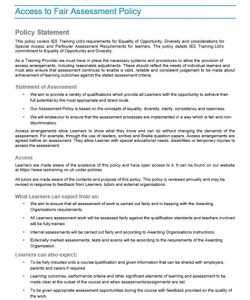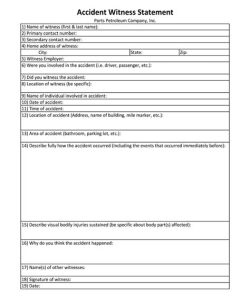Creating a robust anti-facilitation of tax evasion statement is crucial for businesses to demonstrate their commitment to lawful practices and corporate responsibility. This document serves as a declaration of the company’s stance against tax evasion and its facilitation, outlining the policies and procedures in place to prevent such illegal activities. It’s not just about compliance; it’s about setting a tone of integrity and transparency that resonates throughout the entire organization.
The importance of such a statement cannot be overstated in today’s business environment, where financial honesty is as much a part of a company’s reputation as the quality of its products or services. By adopting an anti-facilitation of tax evasion statement, companies can avoid the severe penalties and damage to reputation that come with being associated with tax evasion, not to mention the legal ramifications.
Moreover, this statement acts as a guiding light for employees, ensuring that everyone within the organization understands their role in upholding these standards. It’s a clear message that tax evasion is not tolerated, and that there are clear consequences for those who do not adhere to the policy.
Understanding the Legal Framework
The legal landscape surrounding tax evasion is complex and varies by jurisdiction. However, the underlying principle is universal: tax evasion is illegal. In crafting an anti-facilitation of tax evasion statement, it’s essential to understand the laws and regulations that apply to your business. This includes international tax laws if your company operates across borders.
Knowledge of the legal framework helps in creating a statement that is not only compliant but also educative. Employees need to be aware of the legal implications of their actions, and a well-informed statement can serve as a valuable resource for them.
It’s also important to regularly review and update the statement to reflect any changes in the law. This ensures that the company’s policies remain relevant and that employees are always informed about the current legal environment.
Lastly, the statement should be accessible to all employees and communicated effectively. It’s not enough to have a policy; it must be understood and implemented by everyone in the company.
Best Practices for Policy Implementation
Implementing an anti-facilitation of tax evasion policy requires more than just drafting a statement; it requires a comprehensive approach that includes training, monitoring, and enforcement. Training should be provided to all employees to ensure they understand the policy and how it applies to their work.
Monitoring systems should be put in place to detect potential breaches of the policy. This could include regular audits or the use of software to monitor financial transactions. Any red flags should be investigated promptly to prevent any actual breach of the policy.
Enforcement is also key. There should be clear consequences for violating the policy, and these should be enforced consistently. This sends a clear message that the company is serious about preventing tax evasion.
Finally, the policy should be reviewed regularly to ensure it remains effective. This includes soliciting feedback from employees about how the policy is being implemented and any challenges they face in complying with it.
Role of Leadership in Preventing Tax Evasion
Leadership plays a critical role in the prevention of tax evasion. It’s up to the leaders of a company to set the tone and demonstrate a commitment to ethical practices. This includes being transparent about the company’s financial dealings and leading by example.
Leaders should also be approachable and encourage employees to speak up about any concerns they may have regarding tax evasion. An open-door policy can help in creating an environment where employees feel safe to report any suspicious activity.
Additionally, leaders should ensure that there are clear reporting mechanisms in place for employees to report potential breaches of the policy. This could include an anonymous hotline or a designated compliance officer.
Ultimately, the leadership must be committed to the policy for it to be effective. This commitment should be communicated clearly to all employees and demonstrated through the leaders’ actions.
In conclusion, an anti-facilitation of tax evasion statement is a vital tool for businesses in maintaining legal compliance and upholding ethical standards. It serves not only as a deterrent against illegal activities but also as a reflection of the company’s values. By implementing this statement effectively and ensuring that it is a living document, embraced and understood by all, companies can protect themselves and their stakeholders from the risks associated with tax evasion.
Remember, the fight against tax evasion begins with a clear and firm stance. It’s about creating a culture of compliance and integrity that permeates every level of the organization. With the right approach, businesses can ensure that they are part of the solution, not the problem.



